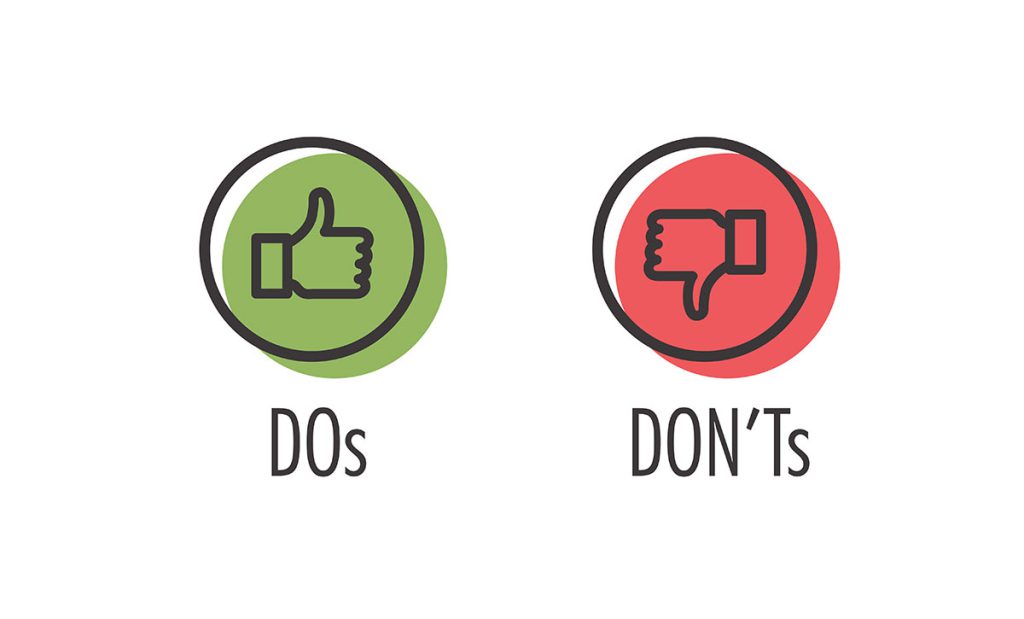Sports betting is not just about placing bets on your favorite teams or players. It involves a complex interplay of various psychological factors that can significantly impact your decision-making process. Understanding your mindset when it comes to sports betting is essential for making informed and rational choices. In this article, we will delve into the psychology behind sports betting and explore the various factors that influence our decision-making.
##The Illusion of Control: Why Do We Bet?
One of the primary reasons people engage in sports betting is the illusion of control it provides. When we place bets, we believe that we have some influence over the outcome of the game. This psychological bias leads us to underestimate the role of chance and overestimate our ability to predict the outcome accurately. Understanding this bias is crucial to developing a more realistic perspective on sports betting.
##The Role of Emotions: Managing Your Mind
Emotions play a significant role in sports betting. Whether it’s the excitement of a potential win or the disappointment of a loss, our emotions can cloud our judgment and lead to impulsive decision-making. Successful sports bettors are aware of their emotional states and learn to manage them effectively. By maintaining a calm and rational mindset, they can make better decisions based on facts and analysis rather than succumbing to emotional impulses.
##Confirmation Bias: The Danger of Selective Thinking
Confirmation bias is another psychological trap that can lead to poor decision-making in sports betting. It refers to our tendency to seek out information that confirms our preexisting beliefs while ignoring or dismissing conflicting evidence. This bias can prevent us from making objective assessments and contribute to a distorted perception of reality. To avoid falling into this trap, it’s crucial to approach sports betting with an open mind and consider all available information.
##The Gambler’s Fallacy: Understanding Probability
The gambler’s fallacy is a cognitive bias that arises from a misunderstanding of probability. It occurs when we believe that previous outcomes can influence future outcomes in a game of chance, such as sports betting. For example, if a coin has landed on heads multiple times in a row, we might falsely assume that tails is now more likely to occur. In reality, each coin flip remains independent of previous outcomes. Understanding the basics of probability can help us make more accurate predictions and avoid falling into this fallacy.
##Bankroll Management: Controlling Your Finances
Effective bankroll management is a crucial aspect of sports betting psychology. It involves setting and sticking to a budget for your bets, ensuring that you don’t wager more than you can afford to lose. Emotionally-driven decisions can lead to impulsive and irrational betting behavior, putting your finances at risk. By establishing a well-defined bankroll management strategy, you can maintain control over your finances and make more calculated and rational betting decisions.
##Seeking Expert Advice: The Role of Information
In the world of sports betting, information is key. Seeking expert advice and staying updated with relevant news and statistics can provide you with a competitive edge. However, it’s essential to approach information critically and evaluate its reliability and relevance. Incorporating multiple sources and considering different perspectives can help you make more informed decisions and avoid blindly following the crowd.
##Conclusion
Sports betting is a complex activity that goes beyond mere chance. By understanding the psychological aspects that influence our decision-making, we can become more savvy bettors. Recognizing the illusion of control, managing our emotions, overcoming confirmation bias, understanding probability, practicing effective bankroll management, and seeking expert advice are all crucial steps on the path to success in the world of sports betting. Remember, a well-informed and rational mindset is the key to making smart and strategic bets.








Facebook Comments